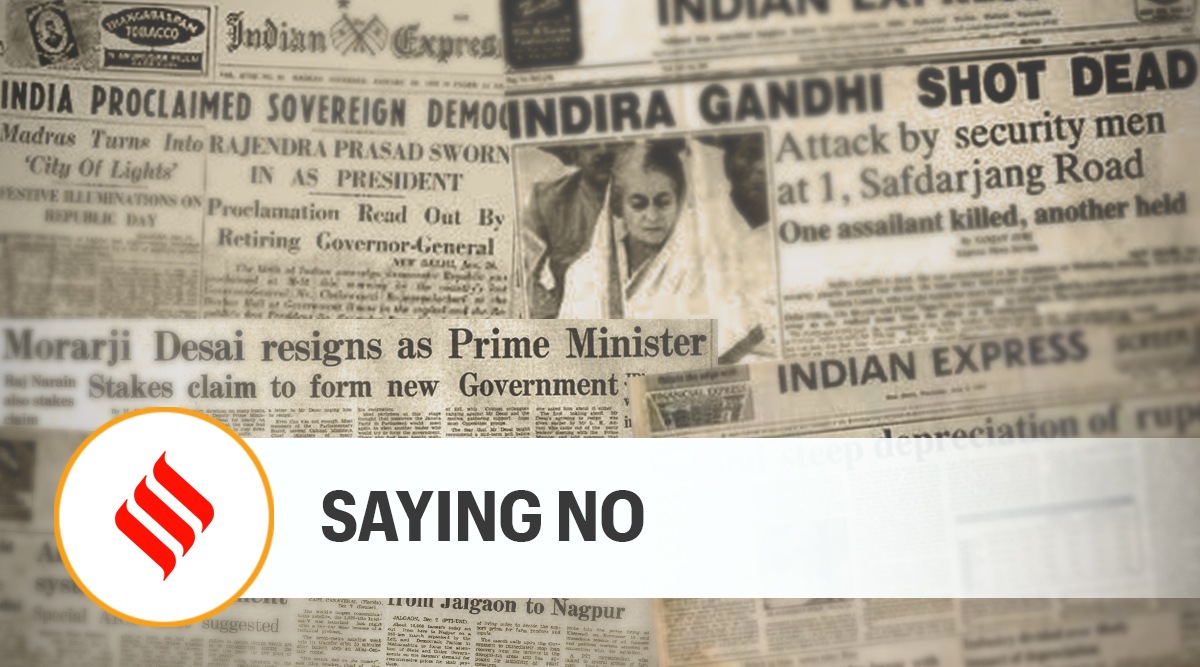 Underlying the decision last year to add “together” to “faster, higher and stronger” to the motto of the Olympic Games is the world’s aspiration for peaceful co-existence, though the event itself is never free of international realpolitik.
Underlying the decision last year to add “together” to “faster, higher and stronger” to the motto of the Olympic Games is the world’s aspiration for peaceful co-existence, though the event itself is never free of international realpolitik. India’s decision to boycott the opening and closing ceremonies of the Beijing Winter Games was the right response to an unseemly provocation by China. Fielding a People’s Liberation Army soldier who was involved in the August 2020 Galwan clash in which India lost 20 soldiers as an Olympic torchbearer was a deliberate finger in Delhi’s eye. Resort to this low tactic after India readily lent its support to the games at a Russia-China-India foreign ministers’ meet just two months ago, at a time that the US-led diplomatic boycott was taking shape, has only hurt Beijing’s own interests. The February 4-20 Winter Games are being held in an atmosphere of unprecedented tensions across the world. Underlying the decision last year to add “together” to “faster, higher and stronger” to the motto of the Olympic Games is the world’s aspiration for peaceful co-existence, though the event itself is never free of international realpolitik.
As host, China had the extraordinary opportunity to rise above the unpleasantness and reiterate a message of peace to the world, especially to those nations in its neighbourhood with which it has territorial problems that it attempts to resolve unilaterally by the use of military force. But the PLA torchbearer episode has done the opposite, even if Beijing was dealing with domestic compulsions arising out of a belated acknowledgement of the casualties on its side. India is now the 10th country to announce a diplomatic boycott, which means that it will send no official delegation or diplomatic representative to the Games. The boycott does not extend to the sporting events at the Games but it has marred President Xi Jinping’s efforts to tell the world that the Covid pandemic has not affected China’s ability to put up a perfect show.
Though not of Delhi’s making, the boycott is certain to add to the tensions between the two countries. While Delhi is engaged in military-level talks with the PLA for disengagement and de-escalation in Eastern Ladakh, whatever little progress has been made has been offset by the massive Chinese build-up of infrastructure and war-like preparations on its side, particularly in areas opposite the strategic Depsang Plains, where Indian soldiers have been stopped from patrolling upto the Indian claim line since April 2020. Army chief General M M Naravane has acknowledged that “disputed borders with nuclear neighbours, coupled with state-sponsored proxy war” was stretching the country’s security resources and apparatus. The government’s work is clearly cut out. As India talks to China, it must be prepared to lay down the red lines in this difficult relationship, as it has done with the Games boycott.
This editorial first appeared in the print edition on February 5, 2022 under the title ‘Saying no’.
- The Indian Express website has been rated GREEN for its credibility and trustworthiness by Newsguard, a global service that rates news sources for their journalistic standards.

